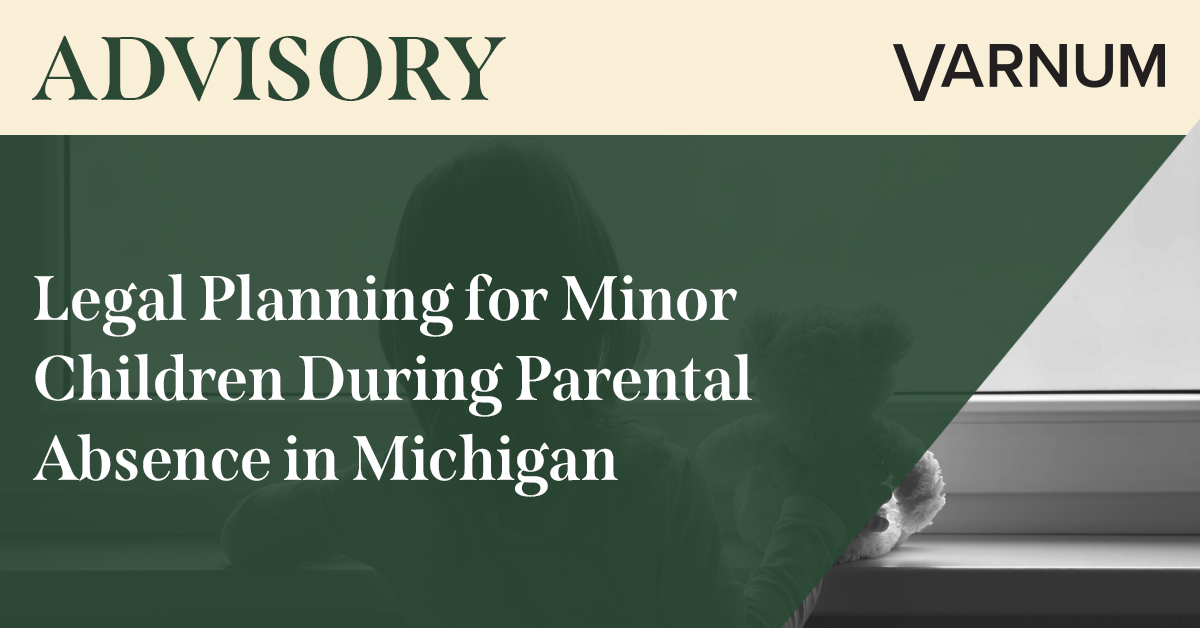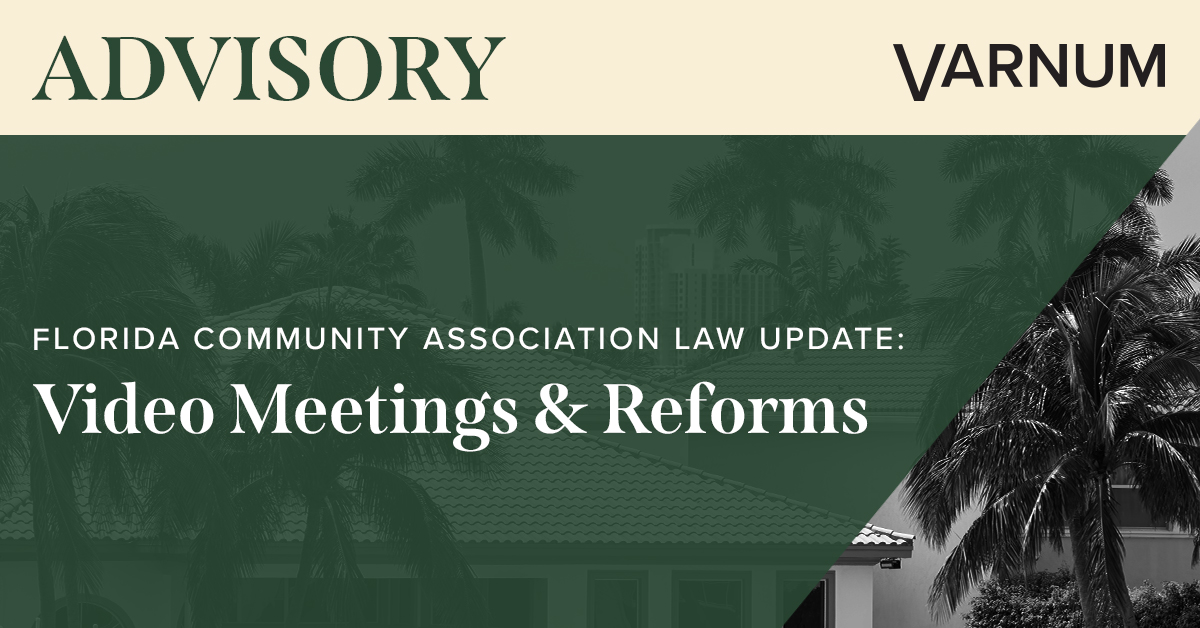The death of an employee is, above all, a human loss. In the days that follow, employers are often called on to address final wages, payroll taxes, and employee benefits in a way that supports the employee’s family while remaining compliant with federal and state law. The most effective response combines empathy with a clear, documented process grounded in applicable statutes, plan documents, and regulatory requirements.
Final Wages and Payroll Tax Reporting After an Employee’s Death
Remaining compensation generally belongs to the employee’s estate unless state law permits payment directly to a surviving spouse or other designated individual. Employers should obtain a certified death certificate and appropriate estate documentation before issuing payment and should collect a W-9 form from each payee.
Wages paid in the year of death are generally subject to FICA and FUTA but not federal income tax withholding and are reported on the decedent’s W-2 form. Payments made after the year of death are typically reported on a 1099 form to the recipient. Employers should cancel any pending direct deposits and handle uncashed checks in accordance with state wage payment and probate laws to avoid misdirected funds.
All outstanding compensation should be reviewed, including salary, accrued paid time off where required by law or policy, bonuses, commissions, and deferred compensation, to determine amounts owed and proper timing and tax reporting.
Benefits Administration: Health Insurance, Retirement Plans, and Life Insurance
Plan vendors and insurers should be notified promptly, and beneficiary designations should be located and reviewed. This step is critical for administering group health coverage, retirement benefits, and life insurance proceeds.
For group health plans, employers should coordinate coverage termination and issue required COBRA notices. Surviving spouses and dependents are commonly eligible for up to 36 months of COBRA coverage, though different rules may apply to employers with fewer than 20 employees.
Retirement plan distributions must comply with the governing plan documents, including rules on vesting, employer contributions, and payment timing. Distributions are generally reported on 1099 forms. For group life insurance, employers should assist beneficiaries and ensure the insurer receives all required documentation to process claims in accordance with policy terms.
Work-Related Deaths, Workers’ Compensation, and Privacy Obligations
If an employee’s death is work-related, employers must report the fatality to OSHA within eight hours and follow applicable workers’ compensation procedures. Survivor and burial benefits vary by state, so prompt coordination with the workers’ compensation carrier is essential.
Employers should also protect the confidentiality of the employee’s personal and protected health information. Communications should be centralized through designated HR or benefits personnel to minimize privacy and compliance risks.
Practical Steps and Common Pitfalls to Avoid
- Verify legal authority before making any payments and ensure payroll, HR, and benefits teams are aligned on documentation requirements, including death certificates, letters of appointment, and W-9 forms. Legal requirements may vary by state.
- Do not rely on existing direct deposit instructions. Financial institutions may restrict access after death, increasing the risk of misdirected funds.
- Coordinate payment timing carefully. Wages paid in the year of death are generally reported on W-2 forms, while payments made later are typically reported on 1099 forms.
- Rely on plan documents and plan administrators when addressing health, retirement, and life insurance benefits, and confirm that administrators are prepared to communicate with beneficiaries and process distributions.
A Compassionate and Compliant Response
Clear processes, careful documentation, and adherence to plan terms and applicable law help reduce risk while honoring the employee and supporting their family. Employers facing these issues may benefit from guidance tailored to their specific circumstances.
For assistance, contact a member of Varnum’s Employee Benefits and Executive Compensation practice team to help navigate these requirements and respond quickly, respectfully, and in compliance with the law.



